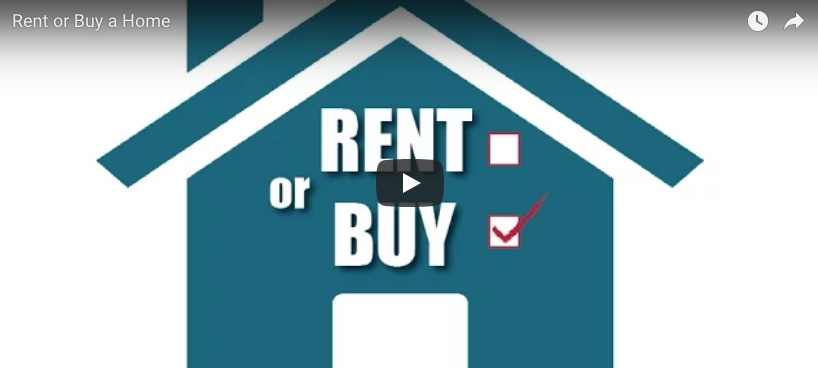Should I Rent or Buy a Home in Canada? Watch Video
Allan Madan, CPA, CA

Are you looking to downsize but don’t know if you should rent a property or buy? Read More…
Disclaimer
The information provided on this page is intended to provide general information. The information does not take into account your personal situation and is not intended to be used without consultation from accounting and financial professionals. Allan Madan and Madan Chartered Accountant will not be held liable for any problems that arise from the usage of the information provided on this page.




Hi madan,
I have question on the primar residenship of the condo they bought post selling the first home.
They would have claimed the prinicipal residenship on the home already and whether they are eligible for the primary residenship on the condo too?
Hi Shibichakkaravarthy, you can only have one primary residence in a year.
Hi Madan,
If some one rents the home for 2 years and than move in the same home and live there for 3 years and than sell after will the capital gain be tax free.
In Second scenario if some one live in the house for 2 years and than rent out for 3 years and than sell how the capital gain applies in this scenario, thanks
Hi Santosh,
Let’s look at two examples to answer your questions properly:
Scenario 1:
– You purchased a home for $400,000 and immediately began renting it to a tenant.
– You moved into the home 2 years later and the tenants left. At that time, the home was worth $500,000.
– You sold the home in year 5, after living in it for 3 years. The sale price was $750,000.
In this example, a capital gain of $100,000 ($500,000 less $400,000) will be triggered when you move into the home in Year 2. One half of the capital gain will be included in your personal income. This is because you changed the use of the home from a rental property to a primary residence.
Furthermore, the appreciation in the home from $500,000 to $750,000 will not be taxable when you sell your home, because you lived in your home during that time (years 3, 4 and 5). You can claim the principal residence exemption toward the entire gain of $250,000 ($750,000 less $500,000).
Scenario 2:
– You purchase a home for $400,000 and immediately began living in it. You lived in the home for a total of 2 years.
– You moved out in Year 3 and began renting the home to a tenant. At that time, the home was worth $500,000.
– In year 5, you sold the home for $750,000.
In this example, a capital gain of $100,000 ($500,000 less $400,000) will be triggered when you move out of the home and is renting it to a tenant. This is because you changed the use of the home from a primary residence to a rental property. However, you can claim the principal residence exemption for $100,000, because you lived in the home during that time. As a result, the net capital gain will be $0.
Furthermore, the appreciation in the home from $500,000 to $750,000 will be taxable when you sell your home because it was a rental property during that time (years 3, 4, and 5). One half of the capital gain will be included in your income, i.e. $125,000 ([$750,000 – $500,000] x 50%).